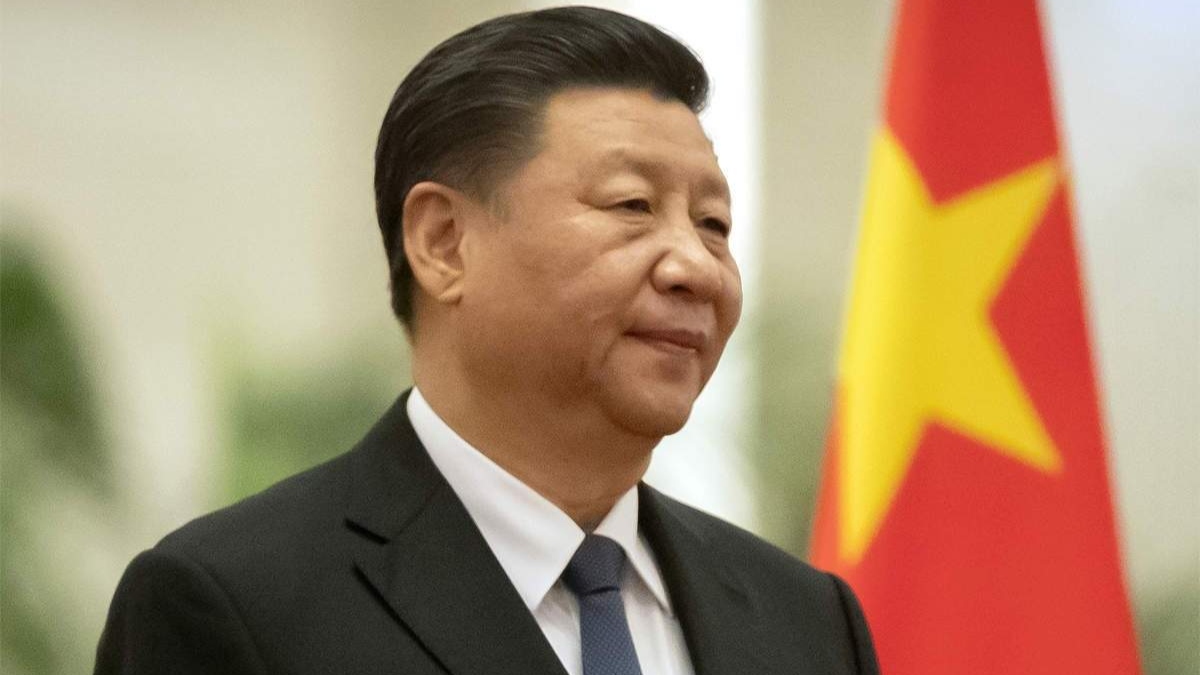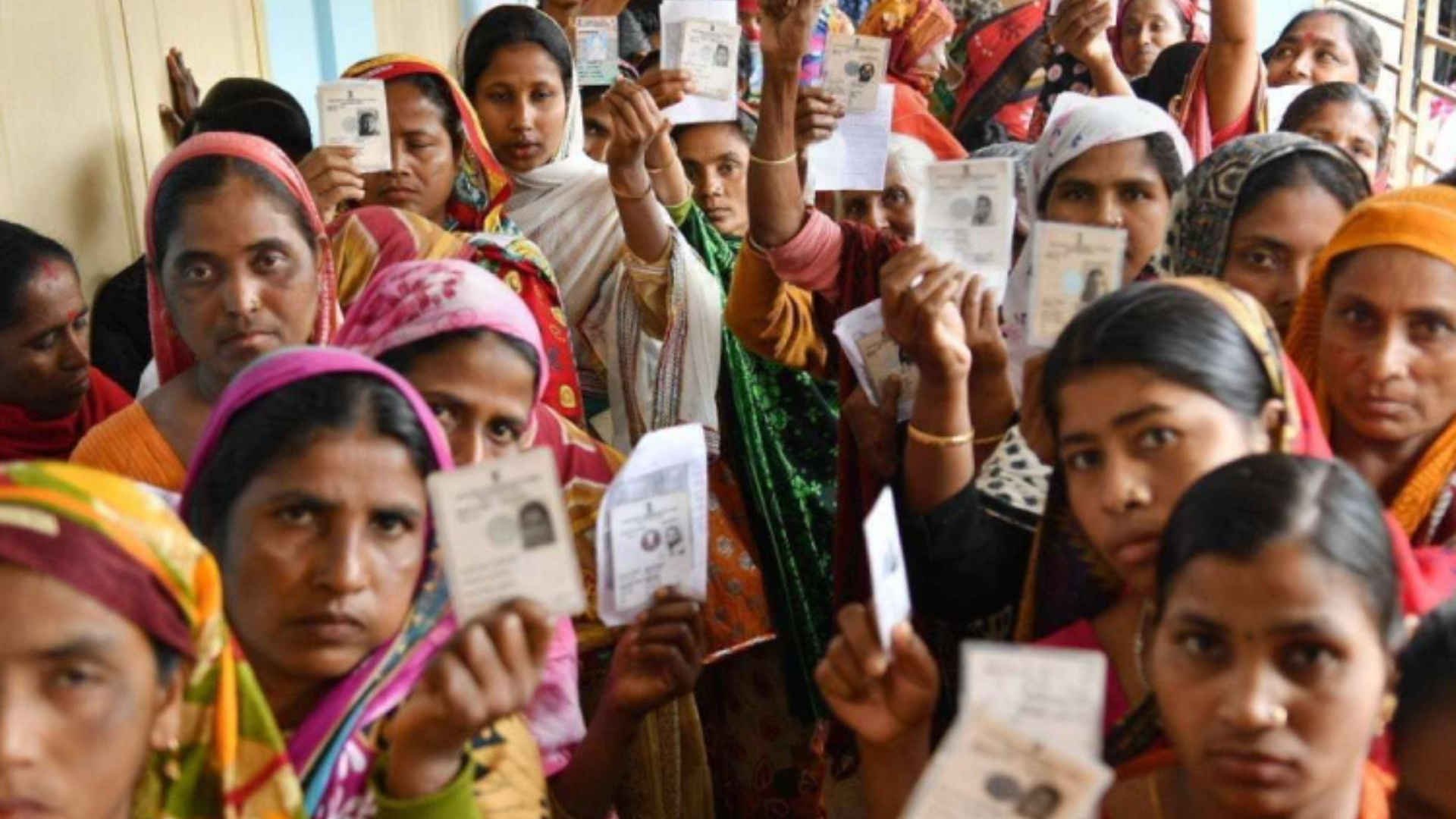










Be it border clashes with India, crackdown on Uighur Muslims or Coronavirus, China has been crafting and propagating uncredible posts through social media in order to occupy the mind space of people with narratives favouring them. Multiple reports suggest that China is rapidly increasing the number of posts made by both bogus and official social media accounts to set and propagate narratives that seem to promote the agenda of the Chinese government.
A lot of people these days happen to misinterpret opinionated and propagandistic posts as news or facts and a study done by the Massachusetts Institute of Technology suggests that on Twitter, false news travels faster than true stories. In fact, the report stated, it is not the bot accounts that spread the fake news but the real accounts retweeting the tweets made of fake news.
Another similar report suggests that in 2019, nearly 280 posts were made on Twitter every month by diplomats and media agencies funded by the Chinese government. Most of these tweets were intended at making people consume and believe the narrative that minorities in Xinjiang were treated well by the Chinese government. There was a surge in such fake posts in 2020 and the number rose to about 500 posts a month.
In a recent incident where foreign fashion brands refused the usage of Xinjiang cotton due to allegations of forced labour by the Xinjiang province, Chinese government-funded social media accounts and mouthpieces were set on an evident agenda-driven campaign trying to refute forced labour allegations on China. Videos of mechanized harvesting of cotton being carried out in Xinjiang went viral as countless entities funded by China were putting out these narrative-driven posts.
These social media sites play host to a significant number of Internet users, some of whom even rely on them for authentic news. As such, it should be the duty of these platforms to place measures that not only identify and ban bots but also block the flow of propaganda by both official and bogus accounts.
Although, not just Facebook and Twitter but China has been trying to manipulate facts almost everywhere. The instances such as the WHO team not being allowed to carry out an uninterrupted probe, journalists being given limited access to facts and dominance over open-sources platforms and social media clearly indicate China’s intentions.
Also read: Twitter erupts with Chinese cotton harvesting videos; China using big tech firms to spread lies?










